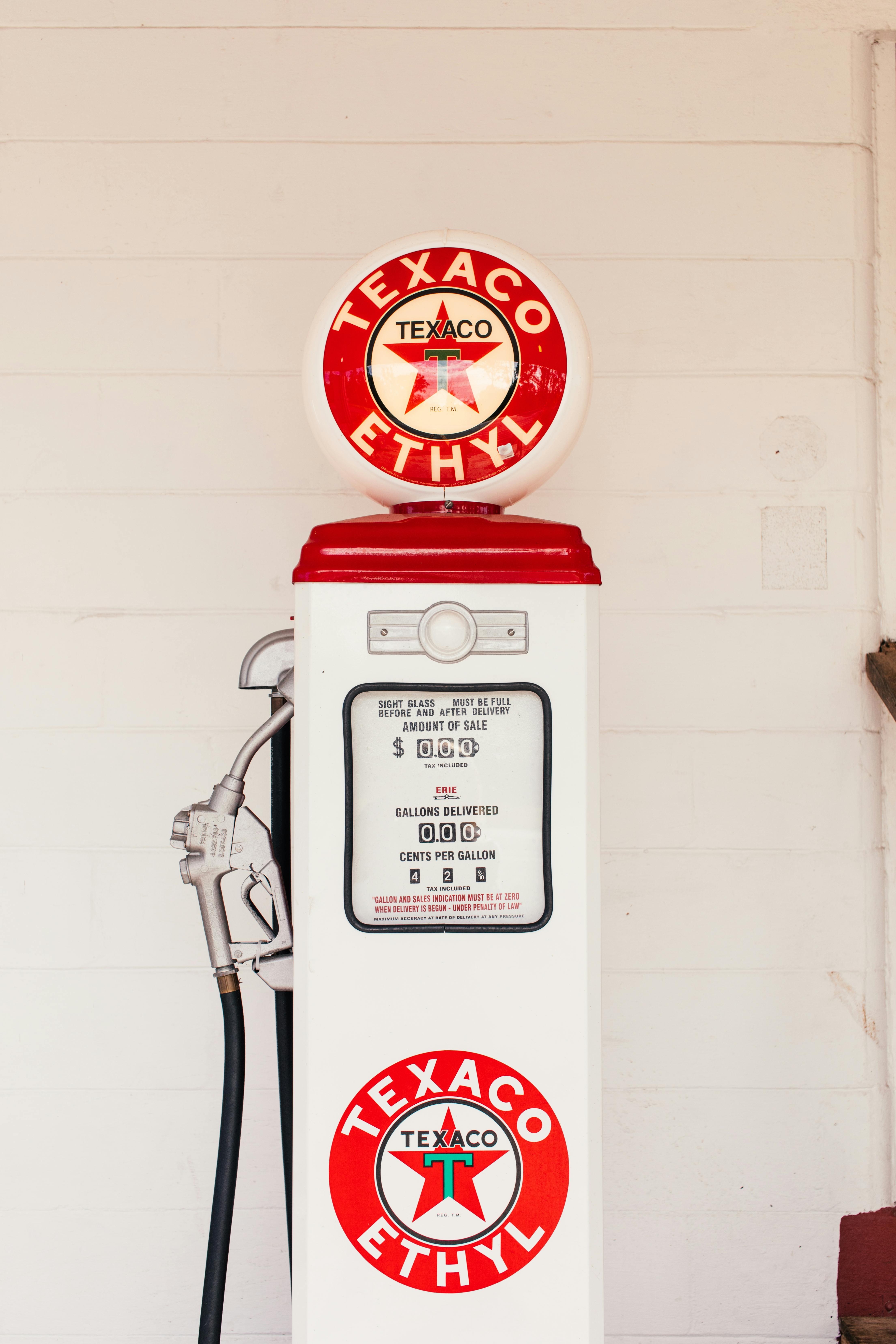3 reasons why oil prices are one of the most important economic indicators
Oil - the "black gold" - is the artery of the modern global economy. It is the energy that drives cars, ships and planes, fuels industry and heats homes. That's why the price of oil has always been one of the most sensitive indicators of the global economy. History has shown that a sharp rise in the price of oil, or oil price shock could trigger a domino effect that shakes up financial markets, inflates inflation and alters the geopolitical balance.
These shocks are not just numbers on a graph; they are real events that have changed societies, guided government policies and taught lessons about the dangers of energy dependence.

Why is the price of oil so important?
The price of oil is not just an economic indicator. It is a vital signal of the global system, with profound implications for the economy, politics and the wallet of every individual. Its importance stems from three main aspects.
- Universal input material: Oil is the backbone of virtually every economy. It's not just fuel for cars and planes, it's also an essential input material for thousands of products - from plastics and cosmetics to medicines and clothing. Because oil is so widely used, rising oil prices have a direct impact on production costs in almost every sector. If oil prices rise, so will the price of your favourite shampoo, car tyres and even food, because agriculture and transport are largely based on petroleum products. It's a domino effect that ripples across the economy.
- Macroeconomic indicator: The oil price is often a key indicator of both the state of the economy and future expectations. When the economy is growing rapidly, the demand for oil increases, pushing up its price. A high price can therefore indicate a strong economy and optimistic expectations for the future. Conversely, if the oil price falls, it could be a sign of a weakening global economy and an impending recession. The stability of the oil market is also crucial for financial markets, as fluctuations in the oil price have a direct impact on stock markets and on investor sentiment.
- Geopolitical weapon and strategic asset: Oil is not just a commodity, it is also a political weapon. By limiting production or increasing the price of oil, large oil producers like OPEC can manipulate the global economy and achieve political goals. Countries that are oil importers (e.g. many European countries) are therefore strategically vulnerable. Dependence on oil also creates political tensions and conflicts as countries compete for control over scarce resources.
So, the oil price is much more than just a number, it is the pulse of the global system, an indicator of the health of the economy, the balance of political relations and a direct concern for the wallets of every consumer and business.
Historical oil price shocks: a brief overview
History is littered with examples of oil price rises causing economic and political chaos. Some of the most important are:
- The 1973 energy crisis: In the aftermath of the Yom Kippur war between Israel and the Arab states, the Israeli OPEC- member states imposed an oil embargo on countries that supported Israel, including the US and Europe. The price of oil quadrupled in a short period of time, triggering massive fuel crises, recession and panic around the world.
- 1979. Iranian revolution: After the fall of the Shah in Iran and the rise to power of the new regime, oil production fell sharply. Although the loss of production was less than in 1973, the market was extremely sensitive to it. The price doubled, leading to a new recession and a spiral of inflation.
- 2008 oil price peak: Between 2007 and 2008, the price of oil rose to a record high of more than $140 a barrel. Although this was not the result of a geopolitical event, it was due to the rapid growth in demand in China and other emerging economies, and speculation in the financial markets. This price rise was one of the factors contributing to the global financial crisis of 2008. on the financial crisis.

The ripple effect: why are oil price shocks so dangerous?
Oil price shocks affect the economy on many levels, creating a chain reaction that spreads around the world.
- Inflation and falling purchasing power: Oil is essentially an input for all sectors of the economy. When transport costs rise, so do the prices of all other goods and services. This imported inflation reduces consumers' purchasing power, as people have to spend more of their income on fuel and other basic goods.
- Slowing economic growth: Higher energy costs hurt companies' profitability, forcing them to postpone investments, cut costs or even lay off workers. Ultimately, this leads to a slowdown in economic activity and often to Recession.
- Geopolitical instability: Oil price shocks give OPEC and other oil producers enormous political leverage. They can use oil as a weapon to influence the foreign policy of other countries. It also increases conflicts over control of oil resources.

Lessons for reducing energy dependence
Every oil crisis has highlighted a painful truth: overdependence on energy makes a country vulnerable. Crises have forced governments and companies to make radical changes with long-lasting effects.
- Improving energy efficiency: After the shocks of the 1970s, countries started investing in energy efficiency. Fuel efficiency standards for cars became stricter, insulation in houses improved and industries looked for ways to produce more with less.
- Alternative energy developing: The crises boosted the research and development of renewable energies such as wind and solar. While development was slow at the beginning, it has accelerated today, partly due to the need to reduce dependence on fossil fuels.
- Diversification of resources: Many countries have sought new sources of oil and gas to reduce their dependence on particular suppliers. Creating strategic oil reserves is another way to mitigate the impact of short-term price shocks.
Can the ordinary investor invest in oil?
While most of us do not buy or sell oil barrels, there are still several ways for ordinary investors to access the oil market. While futures and options are more the domain of professionals, private individuals can buy, for example shares in oil companies (e.g. Shell or ExxonMobil) whose value is directly linked to movements in the oil price. An even simpler option is to invest in oil-related ETFs (Exchange Traded Funds) that monitor the oil price or are linked to a group of oil companies. This way, everyone can participate in the dynamics of the oil market without having to haul barrels themselves!
Summary
Oil price shocks are patterns that repeat themselves in history. Although the modern economy is more diversified than in the 1970s, oil is still a vital resource. Today's geopolitical tensions show that the problem of energy dependency is still relevant. History has taught us a clear lesson: responsible energy policies that focus on diversification, energy efficiency and renewable sources are the only way to ensure long-term economic stability and reduce vulnerability to future oil crises.
